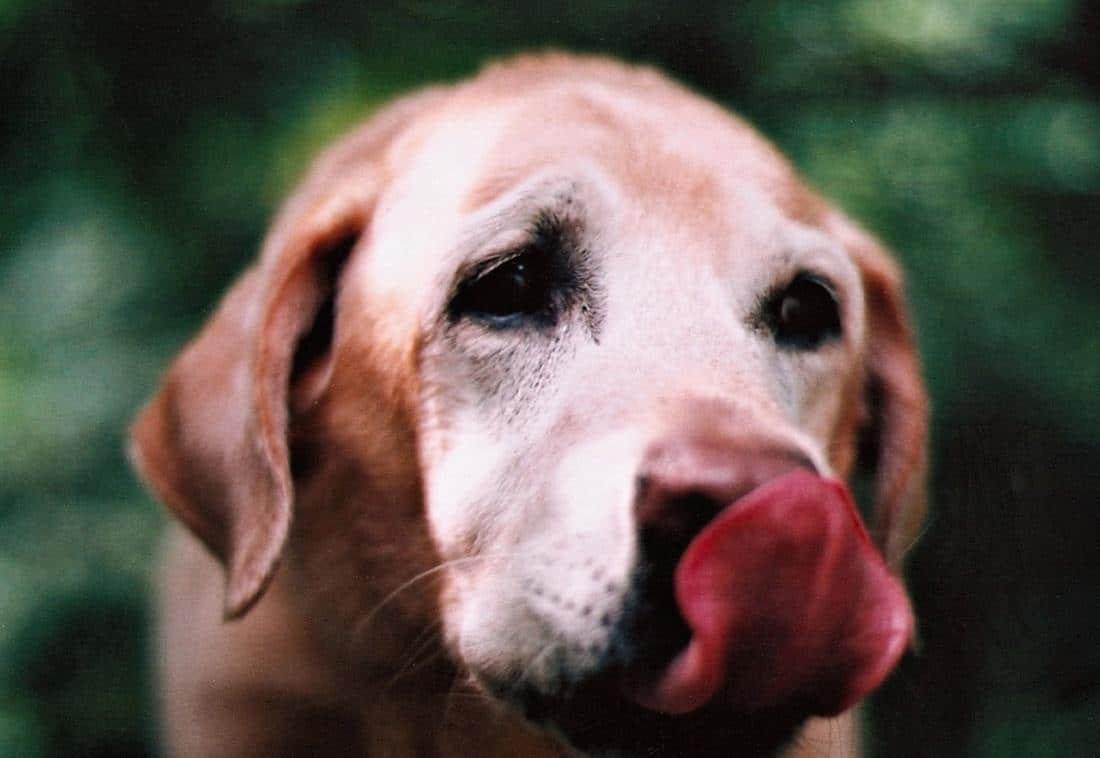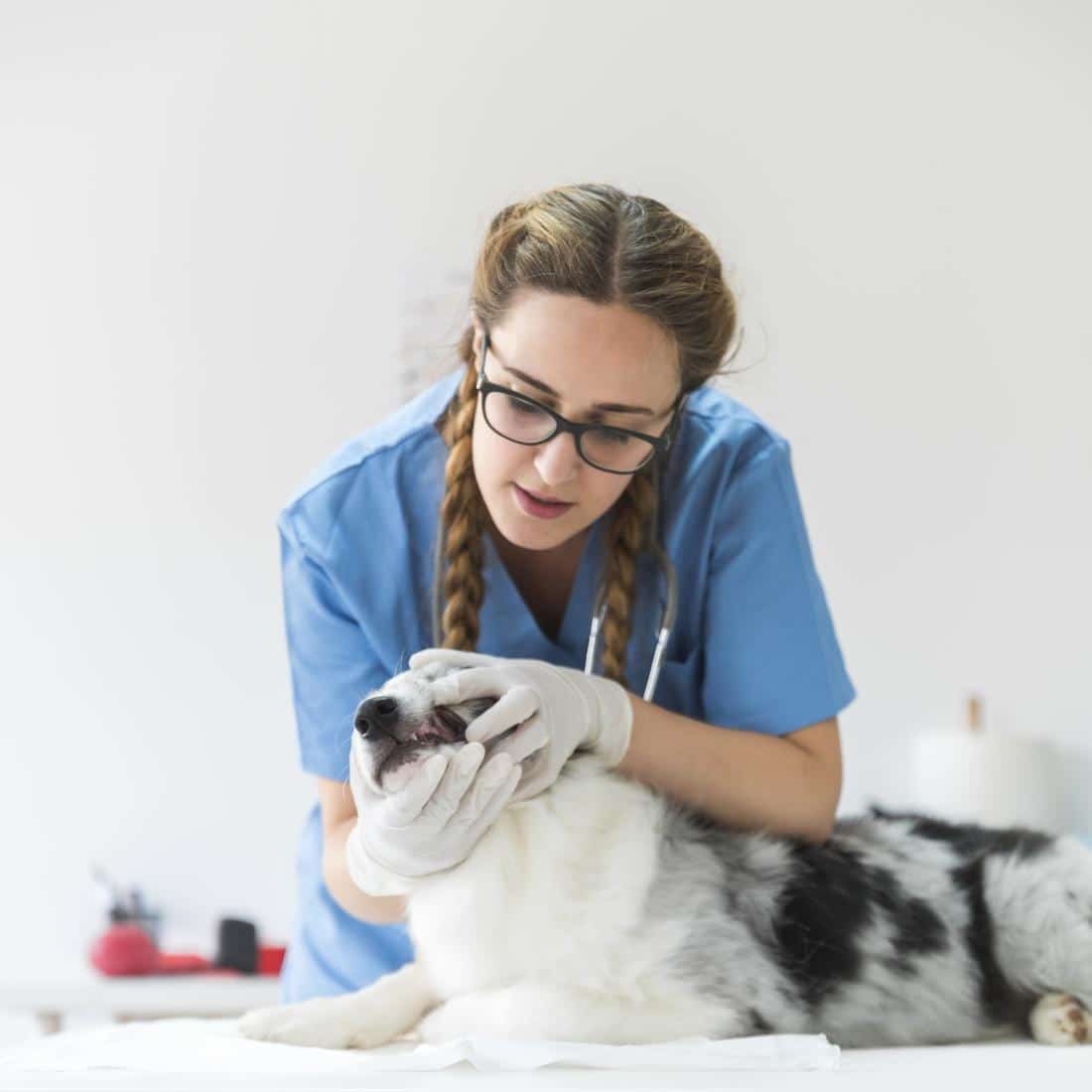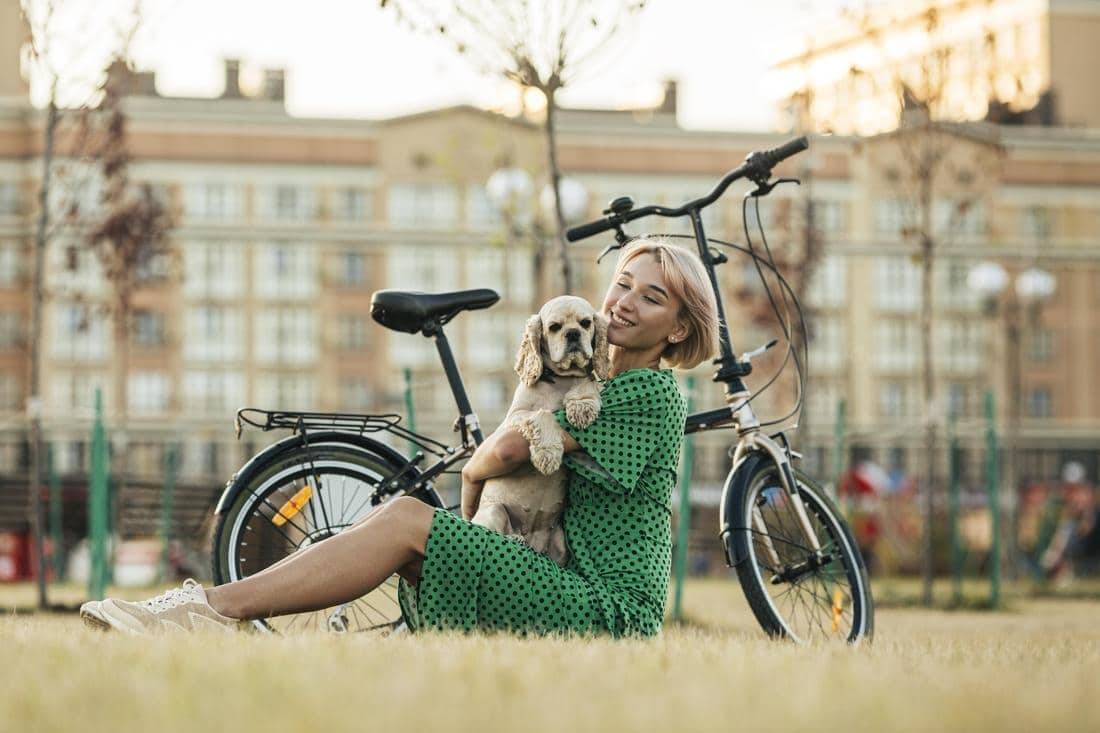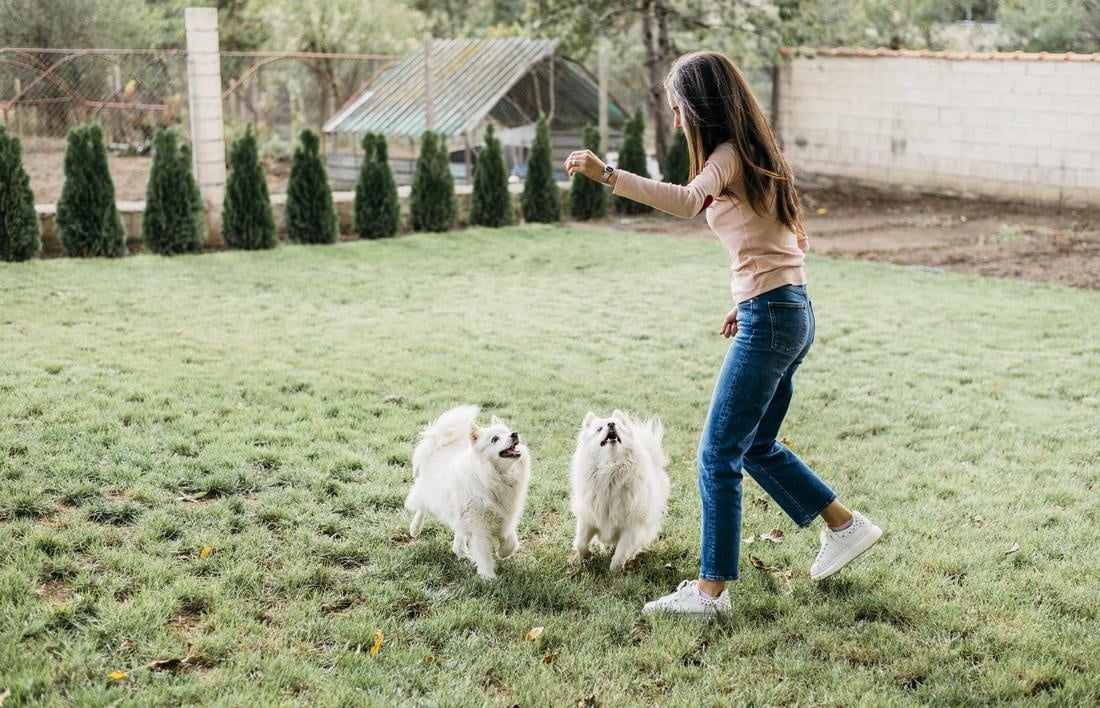
Mental Health is Important for Your Dog
It’s upsetting to watch your dog behaving down or worried. Learn how you may assist your dog with mental health challenges that are not exclusive to people.
Dogs can exhibit signs of anxiety and depression, which can coexist. When dealing with these mental health concerns, people may develop obsessive habits.
Depression in Dogs
Can dogs develop depression? That’s an excellent question with no clear answer. Unfortunately, we don’t understand what’s going on in their heads to compare it to human depression. We do know, however, that they can suffer severe grief and exhibit indicators of melancholy comparable to persons like:
- Loss of appetite
- Lethargy
- Inability to sleep or excessive sleeping
- Absence of social engagement
Depression in dogs is typically transient and occurs as a result of a big life transition, such as adding a new member to the family, moving to a new home, or losing a family member. However, dogs are resilient, like humans, and often bounce back once the dog adjusts to their new surroundings.

Obsessive Behaviors in Dogs
Obsessive-compulsive disorder (OCD) is not diagnosed in dogs as in people. Therefore, we don’t know if they have obsessive thoughts, which are common in individuals with this disorder. Anxiety, fear, boredom, annoyance, and other unpleasant emotions, on the other hand, can lead to obsessive behaviors.
These actions are exaggerations of regular canine activities performed for longer lengths of time and repeated in unexpected contexts. For example, you wouldn’t think twice if your dog licked an injured paw, but licking an undamaged paw regularly might suggest a compulsive behavior. Among the behaviors that can become obsessive are:
- Barking
- Chewing
- Licking Excessively
- Pacing
- Spinning and snapping at the air
- Playing with toys
- Pursuing the tail
Compulsive habits in dogs might begin as a means for them to relieve stress. However, when dogs ritualize the act, they become troublesome. For example, when a dog is scared during a storm, they may suck on a favorite toy. Then, because it makes them feel better, they may start looking for the object and repeating the activity whenever they are worried or anxious.
Some compulsive tendencies in dogs can be hazardous. For example, dogs who regularly lick their sides can create painful injuries or skin diseases. Sucking on things might cause choking or ingesting of minute fragments that can block the intestines. Dogs have also been known to pursue and attack their tails, causing severe damage that necessitates amputation.
Dogs suffering from mental illnesses may display behavioral disorders such as hostility, excessive barking, or destructive chewing. These undesirable habits may be both disruptive and harmful. As a result, they could need the assistance of your veterinarian or a trained specialist in dog behavior or training.

Anxiety in Dogs
Dogs are creatures of habit, like many of us; when their routines are broken, they might feel anxious. They may also feel separation anxiety or anxiety following a traumatic encounter, such as being hurt in a battle with another dog. Anxiety symptoms in dogs might include:
- Avoiding direct eye contact
- Excessive licking or sniffing of the lips
- Moving away from individuals who approach them
- When they are not fatigued, they yawn.
- Trembling while pacing back and forth or in circles
- Whimpering, also known as whining
Anxious dogs may have difficulty calming down or seem restless. You may also notice changes in their drinking or eating habits.
Causes for Anxiety in Dogs
Dog mental health difficulties are frequently the result of a life transition. Some dogs are extremely sensitive and may suffer sadness or anxiety over seemingly little events such as a new leash or dog carrier. More serious occurrences that can have an impact on our dog’s mental health include:
- A new baby adopted kid, spouse, roommate, or pet has been added to the family.
- Someone is leaving the house, such as a kid departing for college, the loss of a family member or pet, or a spouse leaving after a divorce or separation.
- Moving to a new house or apartment
- Changes in routine as a result of children returning to school or a career change
Furthermore, dogs may exhibit mental health disorders following a stressful event, such as being hit by a car or suffering a calamity, such as a storm or home fire. It’s also crucial to remember that sadness and anxiety symptoms might be indicators of ailments that need to be recognized and treated by a veterinarian.

When to Consult a Veterinarian
If you are concerned about your dog’s mental health, you should contact your veterinarian as soon as possible to address your dog’s suffering. Issues like obsessive behavior, for example, might be simpler to cure if addressed before the habit becomes too established. Early therapy can also help minimize injuries caused by obsessive behaviors and disruption to your household, which can be upsetting for everyone.
Treatment
The severity and type of the problem will determine the course of treatment. It might include:
Lifestyle changes: In certain circumstances, you may be able to identify stress or anxiety triggers in your dog and adapt their surroundings or routine to prevent them. You may also consider dog anxiety goods such as weighted blankets or thunder jackets.
Desensitization: entails taking little measures to help your dog get comfortable with something that is bothering them. For example, if you notice they are nervous or anxious around new people, you might begin by introducing them to one person at a time in a secure and controlled environment.
Behavior: Behavior modification’s purpose is to modify how your dog behaves to people, circumstances, or specific items. Therefore, it is essential to consult with an expert in this method to ensure appropriate execution.
Medicine: To assist your dog in managing in the short term, your veterinarian may offer anti-anxiety medication.
Dogs at Risk for Mental Illness
Mental health problems can affect any dog, but they are commonplace for dogs that have been neglected, mistreated, or abused. Anxiety is also more common in smaller breeds like Chihuahuas, Shih-Tzus, and Jack Russell Terriers.

How to Prevent Dog Mental Health Issues
Being a responsible dog parent includes caring for your dog’s emotional health. Here are some strategies for preventing anxiety and sadness in your dog:
Maintain a schedule. Of course, days might be when you cannot feed or exercise your dog as usual, but establishing a disciplined routine will help your dog feel comfortable and secure.
If at all possible, avoid stress. If you notice that your dog is nervous around strangers, go for walks on less crowded routes and make gentle introductions when you encounter a stranger.
Keep the television or radio on. If your dog seems lonely while you are away, consider turning on a calming TV or radio channel. Some canines respond well to animal and nature programs!
Make use of positive reinforcement. Scolding or screaming at your dog can cause worry and tension. It is preferable to praise children for excellent conduct rather than penalize them for poor behavior.

Take excellent care of them. Ensure your dog is physically fit, which helps your dog stays mentally fit. Your dog’s fitness includes providing balanced food, ensuring adequate sleep, providing many opportunities for exercise, and providing entertaining toys. Puzzle toys, in particular, can help your dog maintain mental sharpness and prevent boredom.
Have fun with them. Playing may be an excellent stress relief. Being playful with your pup also enhances your relationship with your dog, making you both feel cherished and joyful.
Understand your dog’s personality. For example, some dogs want more space, while others prefer additional attention when scared or frightened. You’ll be better able to offer your dog what they need if you understand how they process their emotions.
Think about your emotional condition. Dogs, according to studies, can sense human emotions. So your dog may be feeling down because they detect you are unhappy or depressed. They might be a sign that you need to take care of yourself.
And, of course, remember to shower your dog with love every day!
